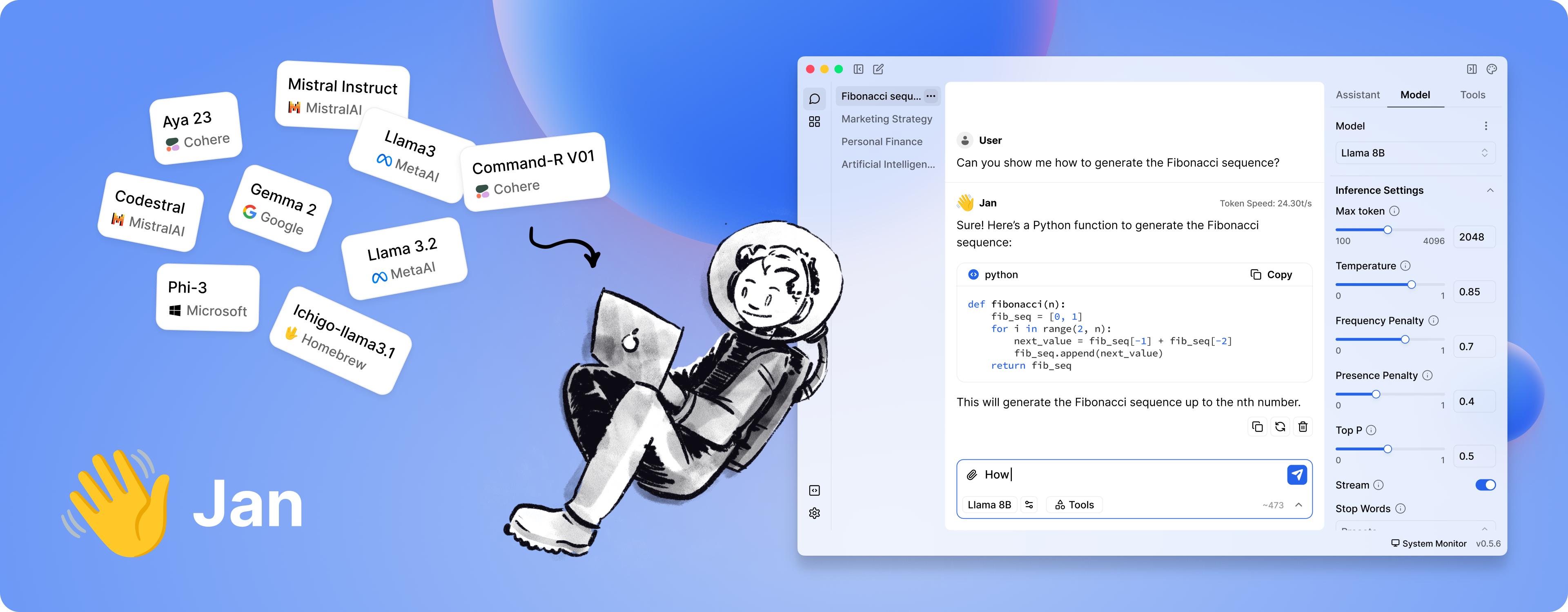Title: Diving into Menlo Research’s Jan: A Deep Learning Framework for Quantum Computing
Introduction: Welcome to the fascinating world of quantum computing! The ‘Jan’ project by Menlo Research is an open-source deep learning framework designed explicitly for quantum computers. Its primary goal is to facilitate the training and implementation of machine learning models on noisy intermediate-scale quantum (NISQ) devices, paving the way for real-world quantum applications.
Key Technical Details:
Main Features and Capabilities: Jan offers a unique blend of quantum-inspired algorithms, classical machine learning techniques, and practical tools to work with NISQ hardware. Its capabilities include training quantum circuits on classical computers, simulating quantum systems, and executing these circuits on real quantum devices.
Technical Stack and Architecture: Jan is built upon PyTorch, a popular open-source machine learning library in Python. It employs a hybrid architecture that combines classical computation with the principles of quantum computing. The core engine is divided into two main components: a classical trainer and a quantum executor. The trainer works on a classical computer to optimize the parameters of the quantum circuit, while the executor runs these circuits on NISQ devices.
Notable Components or Patterns: Some key components within Jan include the Quantum Convolutional Neural Network (QCNN), Quantum Fourier Transform (QFT), and variational quantum eigensolver (VQE). These patterns are essential for solving problems in areas such as optimization, linear algebra, and machine learning on quantum hardware.
Learning Points or Interesting Aspects: The Menlo Research’s Jan project offers valuable insights into the practical application of deep learning techniques in the rapidly growing field of quantum computing. By delving into this repository, you will gain knowledge about how to develop and optimize quantum circuits for NISQ devices, learn about quantum-inspired machine learning algorithms, and explore the challenges and opportunities presented by working with real-world quantum hardware.
